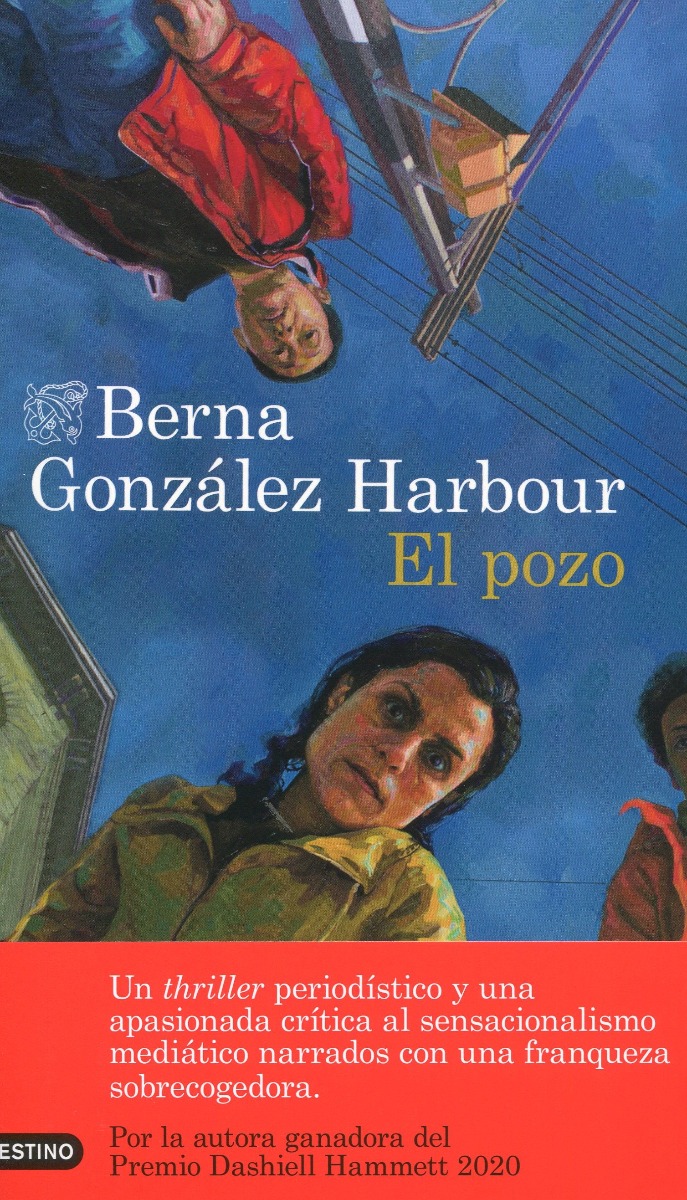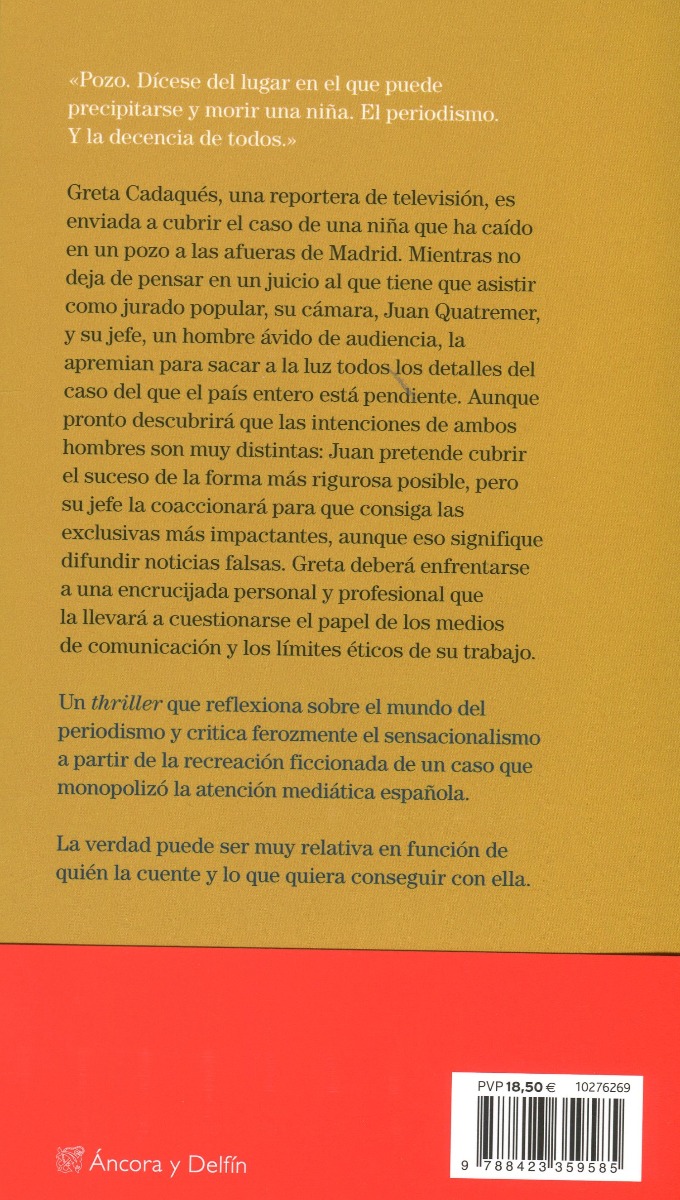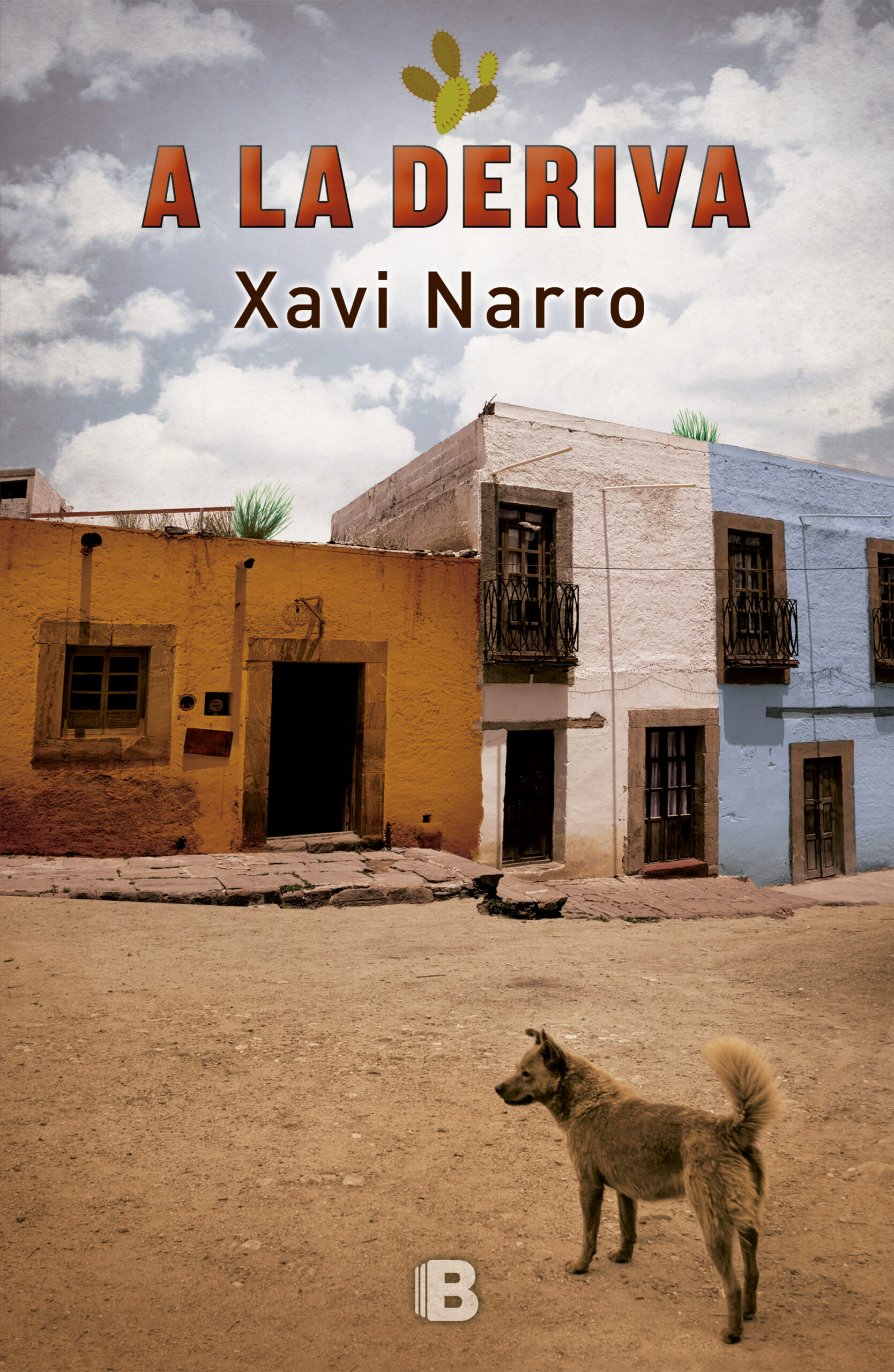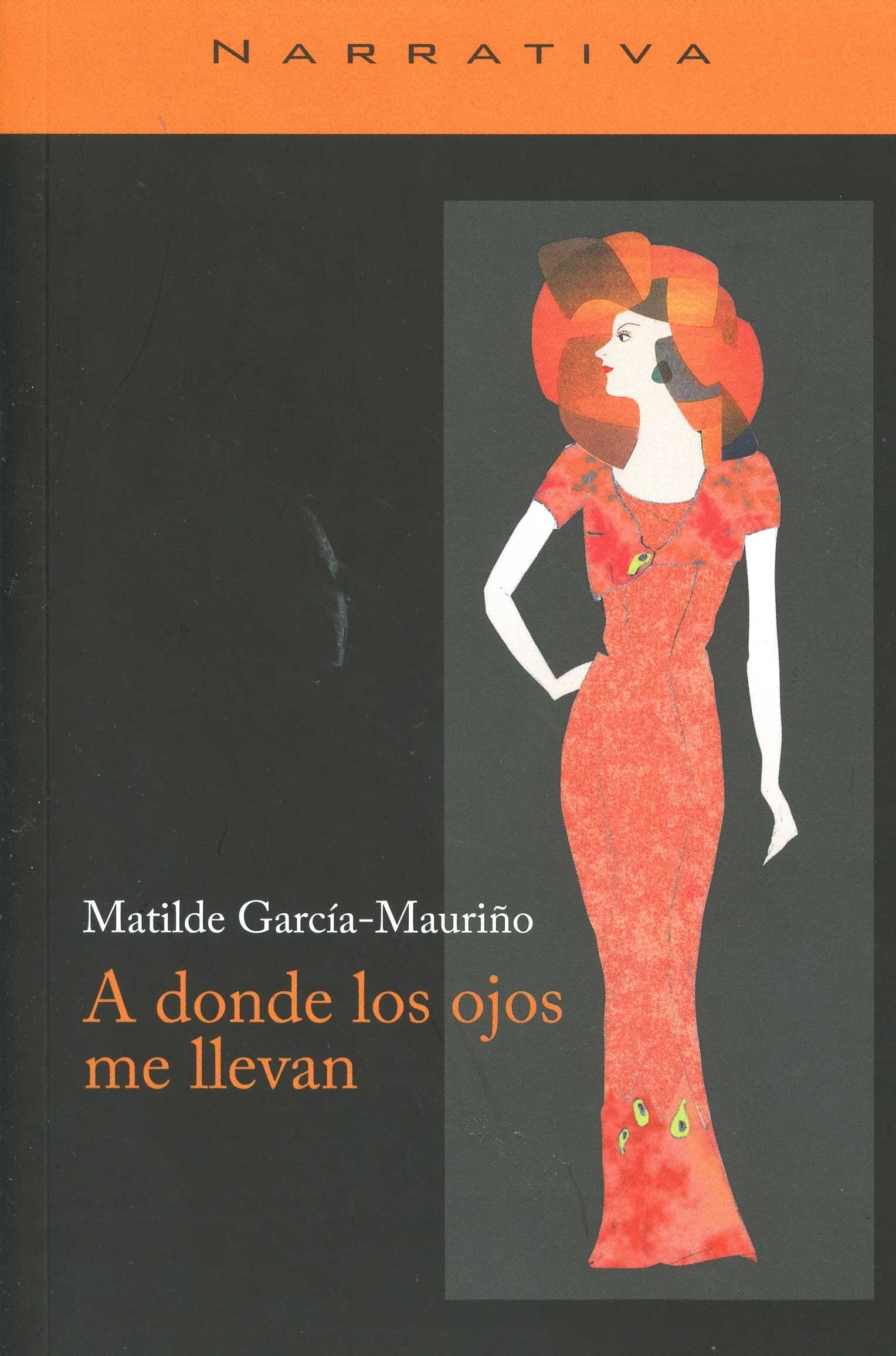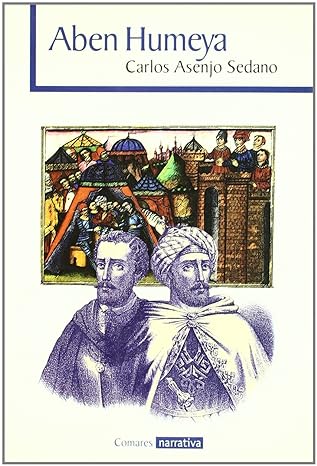Un thriller periodístico y una apasionada crítica al sensacionalismo mediático narrados con una franqueza sobrecogedora.
Por la autora ganadora del Premio Dashiell Hammett 2020
«Pozo. Dícese del lugar en el que puede precipitarse y morir una niña. El periodismo. Y la decencia de todos.»
Greta Cadaqués, una reportera de televisión, es enviada a cubrir el caso de una niña que ha caído en un pozo a las afueras de Madrid. Mientras no deja de pensar en un juicio al que tiene que asistir como jurado popular, su cámara, Juan Quatremer, y su jefe, un hombre ávido de audiencia, la apremian a sacar a la luz todos los detalles del caso del que el país entero está pendiente. Aunque pronto descubrirá que las intenciones de ambos hombres son muy distintas: Juan pretende cubrir el suceso de la forma más rigurosa posible, pero su jefe la coaccionará para que consiga las exclusivas más impactantes, aunque eso signifique difundir noticias falsas. Greta deberá enfrentarse a una encrucijada personal y profesional que la llevará a cuestionarse el papel de los medios de comunicación y los límites éticos de su trabajo.
Un thriller que reflexiona sobre el mundo del periodismo y critica ferozmente el sensacionalismo mediático a partir de la recreación ficcionada de un caso que monopolizó la atención mediática española.
Chapter 1 Introduction: Political Corruption in a World in Transition
Jonathan Mendilow, Eric Phélippeau
Part I. Transitions
Chapter 2 Fixed Legalistic Definitions of Corruption in Shifting Realities: Some Implications from Brazil
Ezequiel Martins Paz
Chapter 3 Corruption Perceptions and Transitions: Balancing the Needs of NGO Clients and Organizational Sustainability
Paulina Alvarado-Goldman
Chapter 4 Fetishizing Altruism: Corruption in the International Aid Context and the presumption of doing no wrong
Maria D. Bermudez
Part II. The setting of corruption
Chapter 5 Persuasive Corrupters: Arguments Made to Corrupt Public Officials
Mónica García Quesada,
Fernando Jiménez Sánchez
Chapter 6 Local corruption in the Czech Republic: Does size matter?
Stanislav Balík
Chapter 7 Political Corruption in a World in Transition: The Fluctuating Boundaries of Corruption
Sofia Wickberg
Part III. “Legal Corruption”
Chapter 8 Civilizing French politics: Illegality, Playing with the Rules, Offenses and Public Probity
Alix Meyer, Eric Phélippeau
Chapter 9 The untimely disappearance of the “appearance of influence” in American politics
Olivia Newman
Chapter 10 Parties of political entrepreneurs in the Czech Republic and Slovakia: Unfolding tale of multifaceted actors
Roman Chytilek, Petra Svačinová
Part VI. Populism: A ‘Special Case’ of Legal corruption?
Chapter 11 Machiavelli, Elite Theory, and the State of Exception: The Corruptions of Populism
Frank Rusciano
Chapter 12 Light onto Europe or Darkness at Noon? Corruption, Civil Society, Populism and Manipulation in Romania
Michael Shafir
Chapter 13 What we Talk About When we Talk About Corruption
Robert G. Boatright, Molly Brigid McGrath
List of contributors
Jonathan Mendilow is professor of political science and global studies at Rider University in Laurenceville, New Jersey. He serves as the current chair of the IPSA Research Committee on ‘Political Finance and Political Corruption’. He has published extensively on political finance, party competition, Middle Eastern politics and modern political theory.
Eric Phélippeau is professor of political science at Paris Nanterre University, member of the Institute for Political Social Sciences (ISP, UMR 7220 CNRS) and the IPSA Research Committee on ‘Political Finance and Political Corruption’. His research focuses on political finance and political corruption, ethics regulations in politics, and political professionalization.

